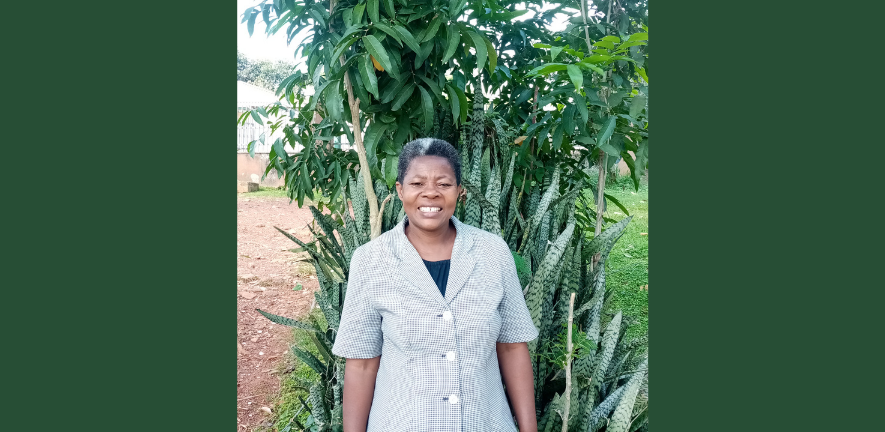
Submitted by Jane Durkin on Mon, 15/11/2021 - 10:41
Fridah Katushemererwe is a Lecturer in Linguistics at Makerere University, Uganda.
Her research interests include morphology, computer-assisted language learning (CALL) and natural language processing (NLP).
She is currently working on the documentation and revitalisation of two endangered Ugandan languages: Runyankitara, a group of languages spoken in western Uganda with relatively healthy number of speakers; and So, an extremely endangered language from north-eastern Uganda with very few fluent speakers.
Fridah’s research collaborations include working with Andrew Caines and Paula Buttery from the Cambridge Computer Lab on Building natural language processing (NLP) tools for Runyakitara, and The Glottolog Data Explorer application designed to portray the endangerment status of the world’s languages.
She completed her PhD in Language Technology at the University of Groningen, The Netherlands.
Fridah will be presenting her research on 'Language under the shadow of another language: implications and revitalisation strategies for Runyakitara and So languages' at the Cambridge Language Sciences Annual Symposium on 23 November 2021.
My research sets out to understand how an endangered language can be saved from extinction and to discover the best strategies and approaches for the revitalisation of endangered languages.
In Uganda, some languages are on the verge of extinction, while others are thriving, but still endangered. I am working with Runyankitara and So languages. Runyakitara is a group of languages with relatively healthy number of speakers. So is an extremely endangered language with less than a hundred fluent speakers. I believe these two categories of endangerment need different approaches to language documentation and revitalisation.
A typical day involves a lot of interaction with native speakers of the languages. I do field work in the western part of Uganda for Runyakitara and in the north-eastern part for So. Non-field activities include organising, labelling, processing and analysing the collected data for archiving.
Part of my research is to use language technology to document language in use, and process and archive it for further linguistic and computational analyses as well as language learning. As well as linguistics research on Runyakitara as a group of languages, I have contributed to the development of language applications such as Runyankore-Rukiga spell checker, morphological analyser and a language learning application for Runyakitara.
I have also contributed to developing a corpus of So, and have published book chapters, journal and newspaper articles. All this has helped me become a better researcher, teacher and language activist.
Fieldwork is the most exciting aspect of my work especially for the So language. I interact with the So speakers who “live in their own world”. None of them has any formal education, that is, they have never gone to school. Some of them are in their 70’s and 80’s and have never even been to a hospital. I find this interesting. Their language has a wealth of knowledge, particularly ecological. It’s exciting to document.
For Runyakitara, the population is well educated. However, most of them see no value in spending time on a local language in the advent of globalisation. It’s exciting to sensitise and educate the population on the role and value of a language.
I hope my research will lead to the full description of So and revitalisation of Runyakitara. A full description of So, in terms of writing the grammars, dictionaries, story books will lead to future revitalisation of the language. Revitalisation of Runyakitara will save its decline in use and work on the negative language attitudes of the speakers.
Language is very important and is a gateway to many aspects of life such as knowledge, understanding and communication. Losing a language means losing a wealth of knowledge. So it is important for a country to include language matters in planning, policy and development. Whether a language is endangered or not, it should be included in the country’s planning, policy and development.
